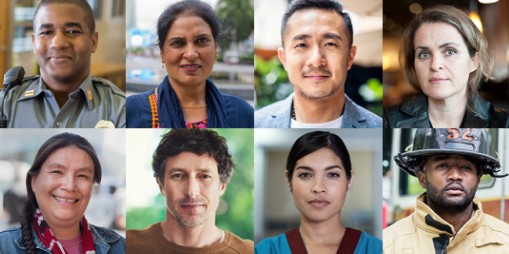Looking to Request an Event?
Fill out the form below.

From the Atlanta BeltLine to the heart of Low Country, there’s something everyone can do to help combat the opioid crisis. DBHDD has set up a network of education programs, partnerships, and events to make it easier for anyone to step up and speak out. Scroll down to see how Georgians can save lives and prevent opioid misuse and fatal overdoses.

Select a topic to see how you can get involved and help combat the opioid crisis.
x
Fill out the form below.
x
Fill out the form below.